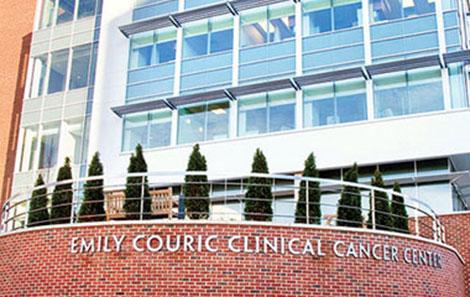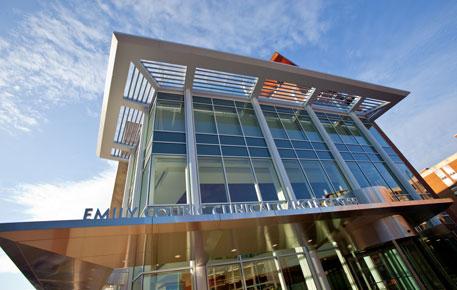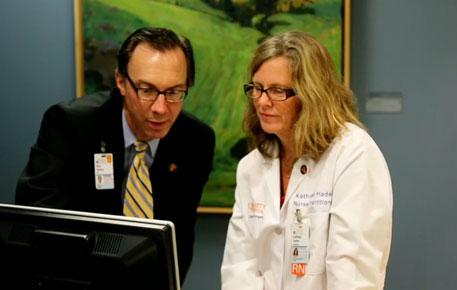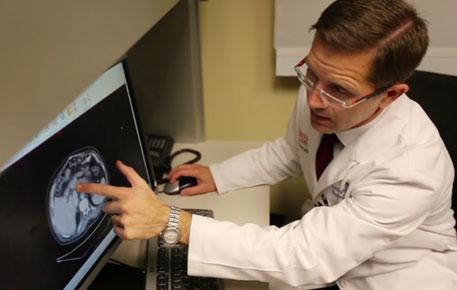Adults with Pancreatic Cancer are Invited to Participate in a Research Study
The UVA Cancer Center is doing a study in patients who have pancreatic cancer who cannot have surgery or whose cancer has spread to other parts of their body. The purpose is to learn about the safety of a research treatment (EGFR FPBMC) in patients with pancreatic cancer. The study team also hopes to learn a little about how well it works. Participants will have cells collected from their blood to help make the treatment. Blood will be collected and split up so that some cells are saved for research and the rest of the blood is given back. The collected cells will be treated with medicine to excite the immune system and then these cells (“EGFR FPBMC”) will be given to participants in 8 twice weekly doses and then 8 more doses every 2 weeks by IV infusion. Participants whose cancer gets worse during or after the first 8 doses may pause and receive chemotherapy, then receive 8 more doses afterward if they are eligible. Participants will be asked to give samples of blood for research before, during, and after study treatment. This will be used to look at changes in the immune system and how the EGFR FPBMC is broken down in their bodies. Participants will be followed after they finish the study treatment, though some follow-up may be by phone or email if preferred. Tests that are being done beyond standard care (just for research) will be at no cost to the participant or his/her/their insurance. More information can be found here: https://www.clinicaltrials.gov/study/NCT06479239 or by contacting [email protected].




